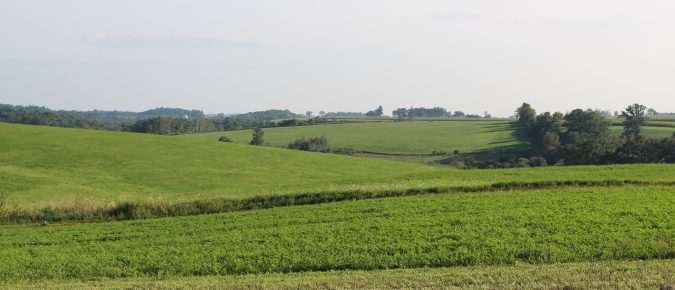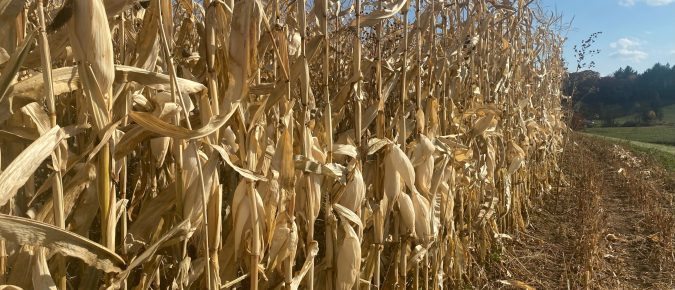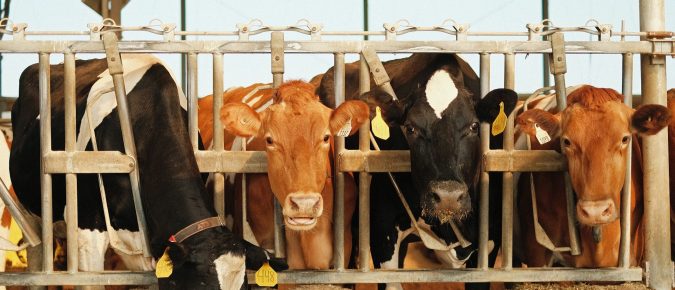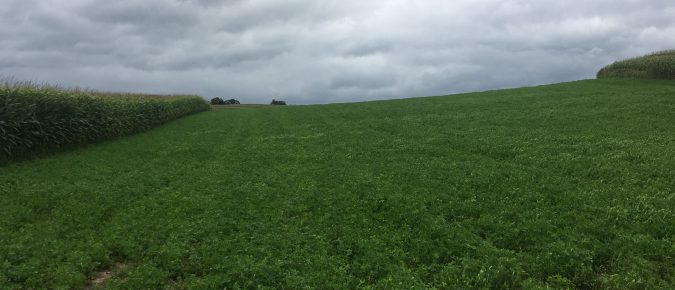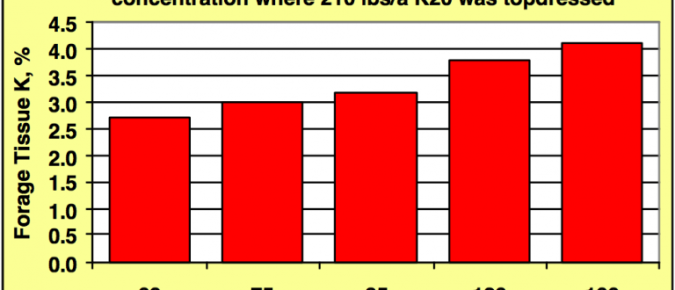Research studies in recent years have shown that sulfur (S) may be deficient in some parts of Wisconsin. Sulfur deficiencies are most likely to occur when high S-demanding crops such as alfalfa, canola, or forage brassicas are grown on sandy soils or on other soils that are low in organic matter, far from urbanized areas, or have not received manure within the last 2 years.
Accurately determining corn whole plant moisture is important when harvesting for corn silage. Harvesting corn for silage too early (high moisture content) or too late (low moisture content) can affect forage yield, quality and silage fermentation.
Introduction Forage grasses are an important source of dry matter in dairy cattle diets. Agronomic practices associated with grass forage production however, can alter magnesium utilization by dairy cattle. Altered magnesium utilization induced when cattle graze lush forage grasses is referred to as grass tetany. Historic use of vocabulary directly associating the term grass tetany […]
Beginning in 2007, Wisconsin has a new lime recommendation program. Will this increase or decrease the lime rates that are being recommended? Neither. In some cases the recommendations may be a bit lower and in some cases higher, but the new system will more accurately assess the level of acidity in the soil and lead […]
The potassium (K) content of harvested forage has become an increasingly important issue in recent years. As most dairy producers already know, a high level of K in forages has been identified as the causative factor for milk fever in dry and transition cow diets.

